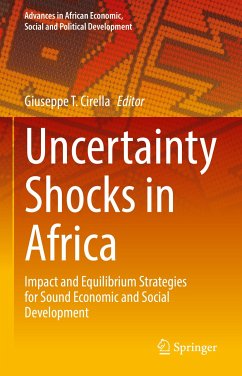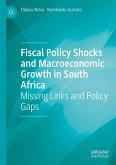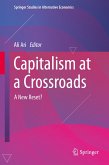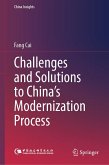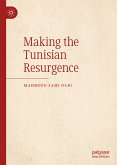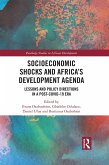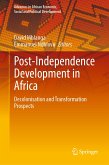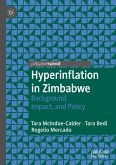This book explores in detail how African countries dealt with the pandemic and how it affected different aspects of different economies and social structures. Observing how human beings change the environment and, specifically, how population growth and urbanization negatively impact nature, recently shocked economies and social upheaval in Africa indicate a crossroads moment for the continent. The book further adds to the knowledge base of how to build a more robust Africa with sustainable solutions working in tandem with vibrant and robust economies. Commonsense social strategies go hand in hand with trackable shocked economies via first- and second-moment reactions. Uncertainty shocks, in this case, interrelate via an umbrella effect. The authors evaluate theories of impact shocks using a sustainable growth and change model. Finally, key topics incorporate new urban thinking for economic recovery, developing sustainable economies post-COVID-19, understanding social practices duringa crisis, and developing community robustness via shock events.
The book integrates an interdisciplinary approach to understanding how to best mitigate the COVID-19 crisis as well as reduce future shocks to the African continent. It raises vital questions connecting the effects of lockdown measures, crisis causation, and shock impacts most countries faced over the last two-year period. The answers to these questions are not limited to economists and sociologists, instead, they magnify to include policymakers and everyday people. The nature of this book is to help piece together solutions for preparedness, a stronger understanding of sound development, and a united and resilient Pan-Africanism to best handle future shock events.
Dieser Download kann aus rechtlichen Gründen nur mit Rechnungsadresse in A, B, BG, CY, CZ, D, DK, EW, E, FIN, F, GR, HR, H, IRL, I, LT, L, LR, M, NL, PL, P, R, S, SLO, SK ausgeliefert werden.
Hinweis: Dieser Artikel kann nur an eine deutsche Lieferadresse ausgeliefert werden.

